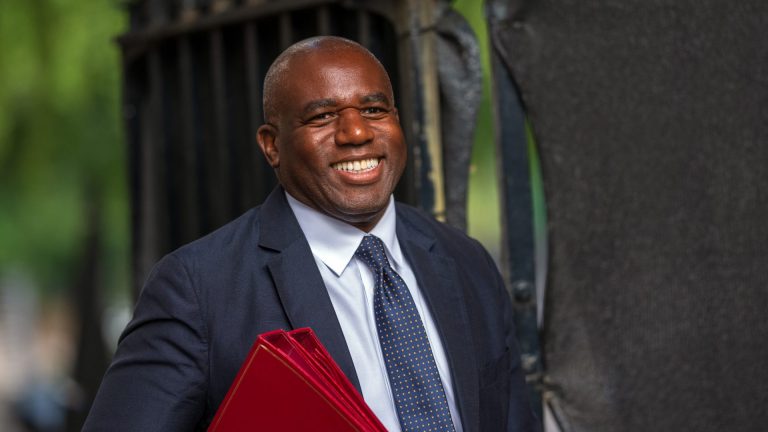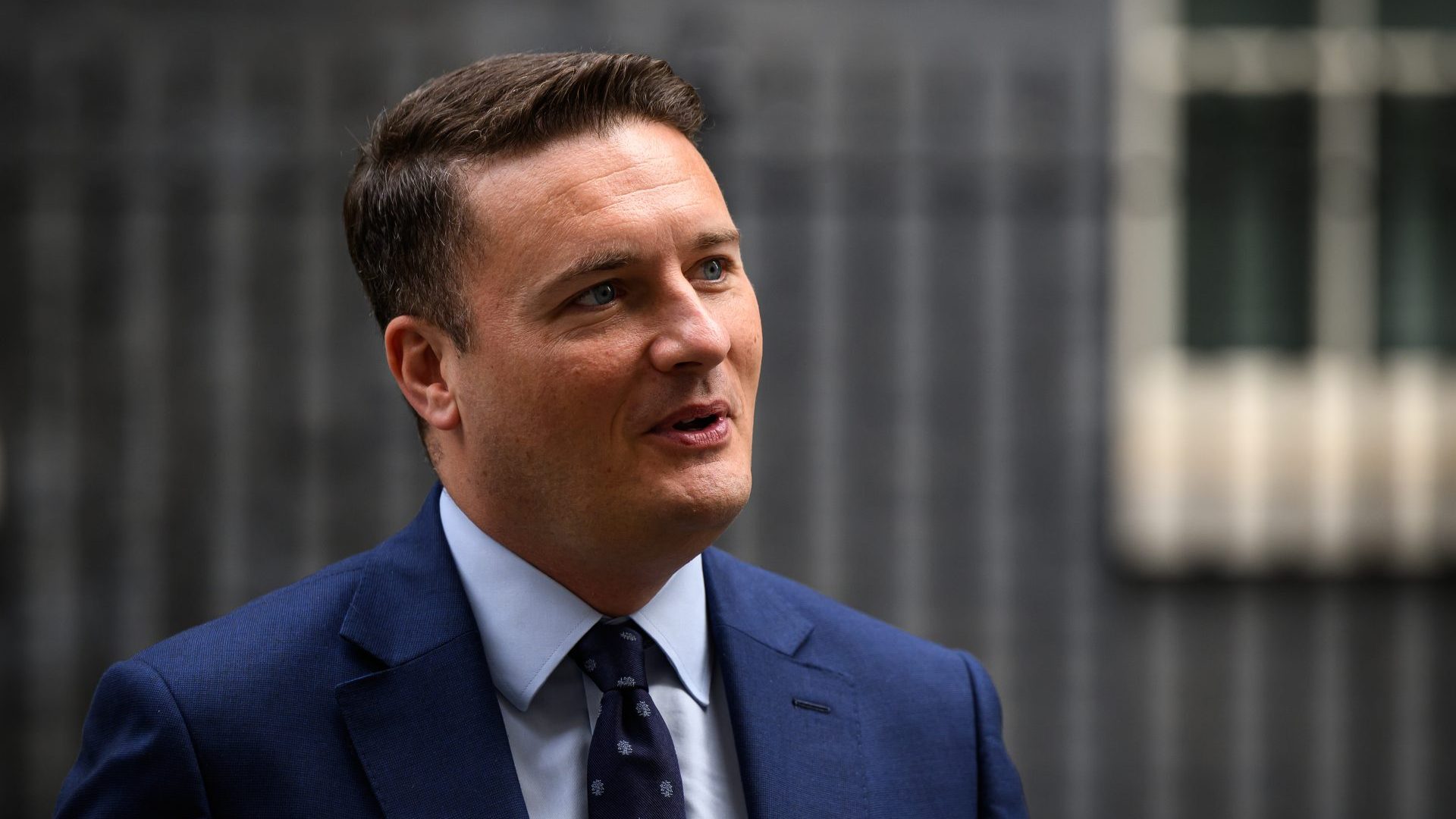Here we go again. With the arrival of new league tables supposedly ranking England’s hospitals from best to worst, watchwords from two decades ago are coming back to the NHS – like “blame and shame”, “competition” and “choice” – (well, blame and shame never really went away).
It was towards the end of 2003 when two senior political advisers asked to attend a meeting of the newly created Healthcare Commission to describe their plans for improving the NHS. The key initiative, they said, was something that might seem surprising. The “market” was to be the engine of change
The Healthcare Commission’s statutory duty was to “promote improvement” in the NHS. Was this embrace of “the market” the right approach? No.
Improvement was much needed after the previous years of neglect, but it wouldn’t come from the tired rhetoric of Thatcherism, nor from shaming and blaming some organisation. It would come for patients, the public, professionals and the NHS, from engagement, challenge, advice and support, all aimed at improvement, and with an acknowledgement of the systemic challenges which went beyond the powers of any particular Trust to affect.
The Healthcare Commission’s approach did not endear itself. It was abolished after a few short years. Promoting improvement, with the stress on “promoting”, took a back seat. Pithy judgements, Ofsted-style, were handed down.
Then, “austerity” became the only game in town – the new watchword. By the time of the election in mid-2024, the NHS was in intensive care. Many were reading the last rites. The problems were vast and the onslaught of the “anti-NHS/privatisation” axis was relentless.
In the nick of time, Wes Streeting offered himself as the prophet of a new, re-invigorated NHS. A 10-year-plan would be the launchpad. He appointed as a principal adviser the politician, Alan Milburn, who crafted the previous 10-year-plan in 2000. Among the other advisers is Paul Corrigan, one of those who delivered the surprise in 2003 with his “market” solution.
So, it’s no surprise that it’s back to the future. It’s no surprise that “competition” and “choice” are leading the charge. It’s no surprise that we are seeing the naming of the “best” and the “worst” Hospital Trusts, with the attendant feeding frenzy in the media.
What’s wrong with this? Isn’t it what people want to know – how their local hospital is doing? Of course it is – to a degree. But, leaving aside that the NHS isn’t only (or even largely) hospitals, people deserve a rather more considered and honest assessment than that served up by crude league tables.
Let’s look at a Trust judged to be performing badly. How does this empower local people? After all, what are they supposed to do?
Outside London and some other major urban centres, people aren’t exactly spoiled for choice. There’s no market where the failure of one organisation is the opportunity for another. There may not be another Hospital Trust for miles. You can’t just decide to have your heart attack two counties over.
Those who can choose may, of course, “go private” if they haven’t already done so. The rest may agitate and provide copy for local and national media. But they can’t magic up the things that are typically disabling the “failing” Trust. These are very largely systemic.
Suggested Reading


Starmer’s reshuffle is not enough
What things? The list is long, very long, so let’s just notice some here – the crumbling, neglected (and often unsafe) buildings; the years-long neglect of investment in infrastructure and technology; the shortage of qualified staff in crucial areas (such as in radiology and diagnostics); the lack of integration across a system of health and healthcare; the decades-long neglect of mental healthcare and of such public health crises as addiction to substances and screens; and the beyond-poor morale of professionals asked to do more for less and blamed regardless.
So, your local Hospital Trust is performing poorly. Of course, there are occasions when the Trust deserves criticism, where the management is below par, though the horror stories, so beloved of the media, of the “rogue” doctor or nurse (the one who isn’t an “angel”) are greatly overblown. But, otherwise, piling blame and obloquy on an organisation which is already struggling and which, because of the myriad factors which I’ve pointed to, does not control its own fate, is utterly counterproductive.
Far better to adopt an approach which identifies Trusts which are struggling and identifies the reasons why, then offers the local community the opportunity to understand what’s going on and work with the Trust. Improvement is not easy and to suggest otherwise is dishonest. If it were easy, all but the most perverse would have already done it!
A plan of improvement, understood and agreed locally, which acknowledges the systemic as well as the local problems offers a more fruitful way forward. Working with others, exchanging information and practice across the system about what promotes improvement is the key.
It’s about collaboration rather than competition – the spirit, after all, which inspired the ideals of the NHS. It sets its face against the easy approach of “blame and shame”, which, as the great James Reason wrote, “is emotionally satisfying but remedially useless”.
And, finally, we need to be honest about the systemic problems which continue to beset the NHS, the legacy of neglect and under-investment. They take time to heal. People understand this if they see action being taken, not just recrimination and harsh words. Politicians need to trust them, and substitute persuasion and passion for rhetoric and false Gods.
Professor Sir Ian Kennedy chaired the first NHS regulator, the Healthcare Commission, from 2004 to 2009. He chaired the Independent Parliamentary Standards Authority, created in response to the MPs’ expenses scandal, from 2009-2016.










